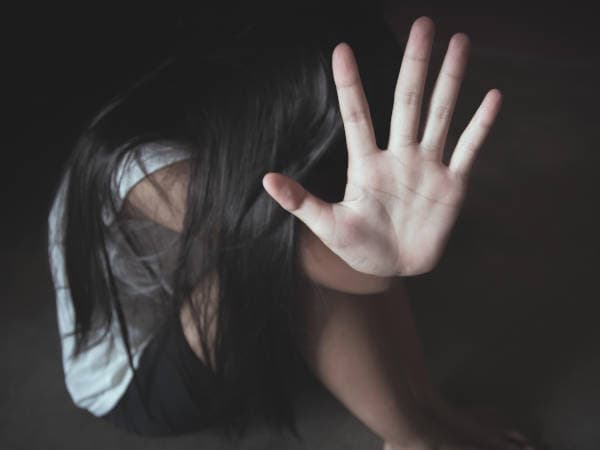10 Signs Your Child May Be a Victim of Sexual Abuse
Published on: (Updated on: )
Sexual abuse can be described as verbal or physical maltreatment, forcing unwanted sexual activity by one person on another. This post highlights 10 ten signs your child may be a victim of sexual abuse.

It is no longer news that children from every age range undergo various types of abuse, the most common being sexual abuse. It has become a sad reality as painful, and heart wrecking as this is.
Sexual abuse isn’t peculiar to any specific gender or age range as any child can be a victim, irrespective of age and gender.
70% of abuses children/teenagers undergo happen at their homes or places of learning, with the perpetrators being trusted family friends, teachers, relatives, or even a parent, which is why most abuses go undetected. Some, even when detected or reported by the victims, go unpunished.
The signs of these abuses are often glaring, but only a few pay attention or notice them.
Below are ten signs your child may be a victim of sexual abuse:
1. They become uncomfortable around the abuser; your child will most likely act awkward around their abuser. Most parents mistake this for shyness or arrogance.
2. A child might practice what’s been done to them on people around. Children are good imitators, and your child may most likely practice what they are being exposed to with other kids or adults around.
3. He or she may be withdrawn from the rest of the family. However, this could also be a result of a preference for solitude. When your outgoing child begins to enjoy their own company most time, try enquiring what’s wrong.
4. They may complain of pain in sensitive areas of the body, especially in the early stage of the abuse. Make out time to bathe your child as often as you can.
5. Low self-esteem, especially if they have always been confident, bold, and vocal.
6. Your child may be awfully quiet around you most times or even attempt to voice it out. You need to pay extra attention and make them feel safe with you because that is the only way they would open up.
7. In most cases, your child may start resenting the gender of the abuser. For example, if the abuser is a male and the child being abused is a female, she may likely grow up to hate men.
8. The child may likely have a scar, which he/she may not have a coherent explanation for. Be careful not to dismiss this as a fall or playground mishap.
9. Your child may get paranoid often, as they may find it hard to trust people because they now believe anyone and everyone will hurt them.
10. Your child may get aggressive, which is usually a self-defence attempt.
As much as we do not pray or wish for abuses to happen, one can never be too careful in preventing them from happening. That is why parents and guardians are encouraged to be their children or ward’s first friends so that these abuses can be curbed early. Then, when your child feels safe with you, he or she can tell you any and everything because they see you as their confidant.
What you could do if your child has been sexually abused
In cases where abuse has been detected, the parent or guardian must apply caution in handling it so that the child’s body image and self-esteem aren’t destroyed.
Only the appropriate authorities and personnel should be made aware. That way, the child won’t have to live with the stigma for the rest of their lives.
Speak positively to the child and remind them constantly that they are not defined by what has happened to them.
Lastly, please ensure your child picks up new hobbies and skills to keep them busy mentally and physically.